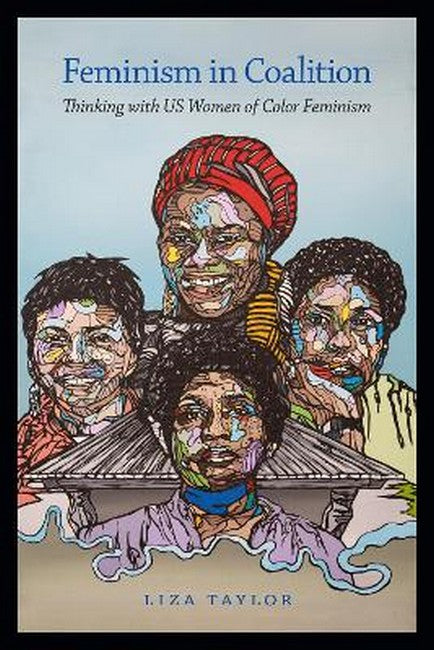Liza Taylor is Assistant Professor of Political Science at California State Polytechnic University, Pomona.
Request Academic Copy
Please copy the ISBN for submitting review copy form
Description
Acknowledgments ix Introduction 1 1. From Rosa Luxemburg to the Combahee River Collective: Spontaneous Coalition as a Precursor to Intersectional Marxism and Politico-Ethical Coalition Politics 33 2. Women of Color Feminism and Politico-Ethical Coalition Politics: Recentering the Politics of Coalition with Reagon, Smith, Combahee, and Lorde 67 3. Coalition from the Inside Out: Struggling toward Coalitional Identity and Developing a Coalitional Consciousness with Lode, AnzaldUa, Sandoval, and Pratt 106 4. Writing Feminist Theory, Doing Feminist Politics: Rethinking Collective Feminist Authorship with This Bridge Called My Back 150 5. The Women's March on Washington and Politico-Ethical Coalitional Opportunities in the Age of Trump 189 Conclusion: Lessons for Contemporary and Future Feminist Activists 225 Notes 249 References 259 Index 277
"This well-written and clearly organized book challenges the reader to explore effective activism over time with directions for the future. Thus, the book would be ideal for undergraduate and graduate courses in sociology, women's studies, and criminal justice that include contemporary political theory, feminist studies, and intersectional social justice. The 'call to action' structure of the book creates a platform for the facilitator to really engage the student in the option of taking an actual step to make change within the current politically diverse arena. Exercises such as this makes the book unique within this discipline and a must have within the classroom." - Shauntey James (Ethnic and Racial Studies) "Taylor is a feminist political theorist who offers sophisticated arguments about philosophical principles and feminist practices together with an accessible discussion of core texts from women of color. She writes for multidisciplinary feminist readers already familiar with classics such as position papers from the Combahee River Collective and essays by Audre Lorde but does so with sufficient attention to explaining these and other arguments from the rich field of feminist theorizing. Students just becoming aware of this area of study will get a vibrant introduction, and more knowledgeable readers will find this an innovative and helpful approach. . . . Highly recommended. General readers through faculty; professionals." - M. M. Ferree (Choice) "Overall, reading this work was transformative. I feel as though I am a better activist, scholar, teacher, and feminist, in general, after reading it. I would recommend this book to scholars, activists, and educators in a variety of fields." - Amanda J. Brockman (Contemporary Sociology)

